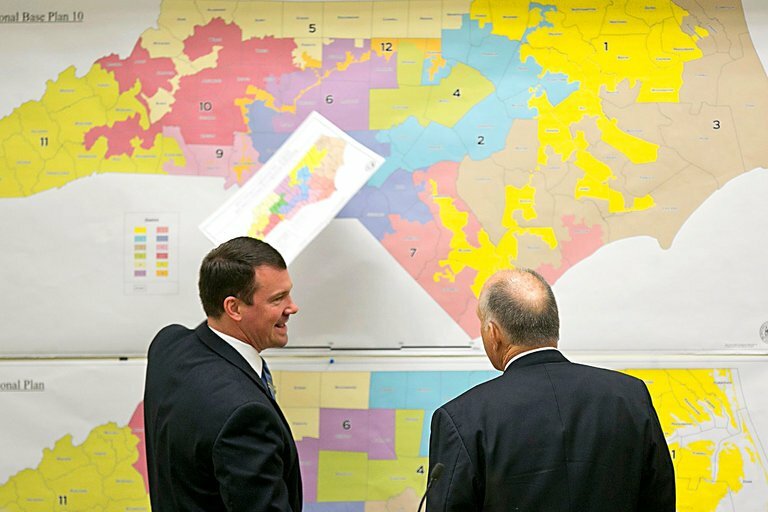Congress had planned to pass a bill that would have permanently renewed certain expired tax breaks. The White House threatened to veto the deal, and so the House voted on Wednesday, 378-46, to renew more than 50 expired tax breaks for individuals and businesses through the end of this year. Some of the tax breaks included in this bill are for corporate research, wind production, renewable fuels, corporate expensing and expanded depreciation schedules. It also includes tax breaks for individuals including a deduction for mortgage debt forgiveness, a deduction of state and local taxes in lieu of state and local income taxes as well as breaks for teachers and commuters (HR 5771)..
The Senate was pushing for a two-year extension, but House Democrats and the White House made clear they would not oppose a one-year extension – making it unlikely the Senate would try to fight for the additional year at this point in time.
According to the Joint Committee on Taxation, the one-year retroactive extension of the tax breaks that expired at the end of 2013 will cost roughly $42 billion over ten years and will not be offset. If the one-year extension package is enacted, this means that the tax extenders will have to be addressed again next year. Some are speculating there could be serious discussions of comprehensive tax reform or at least continuing discussions of tax breaks on a broader scale.
December 11th is the deadline Congress has to make a decision about a spending plan to continue federal funding. Lawmakers have been working on a 2015 Omnibus bill and are expected to release the bill early next week. Because such a large bill will garner healthy debate and possibly take longer to agree upon a final version before next Thursday, a very short-term continuing resolution (CR) may be needed to give lawmakers more time to consider the omnibus.
Some members in the House are advocating for a hybrid omnibus-CR, that has coined the term “cromnibus”. If such a hybrid bill were to pass, it would provide full-year funding for 11 out of the 12 appropriations bills. The major sticking point would be a shorter-term CR for the Department of Homeland Security, which includes agencies in charge of implementing the President’s executive actions on immigration. That would give the next Congress leverage to fight the President’s immigration policy.


